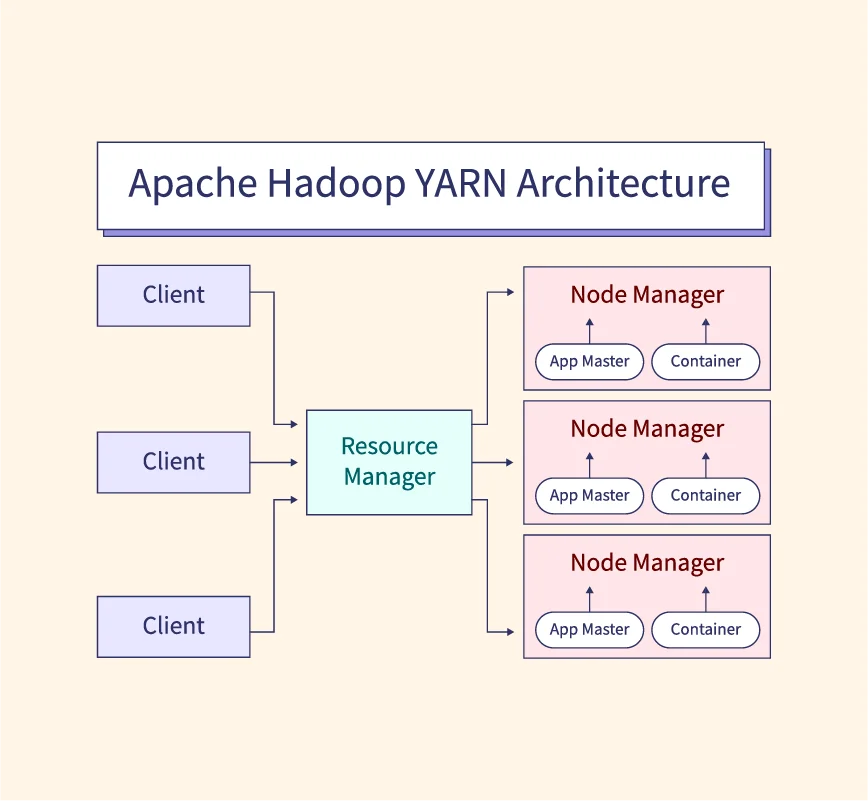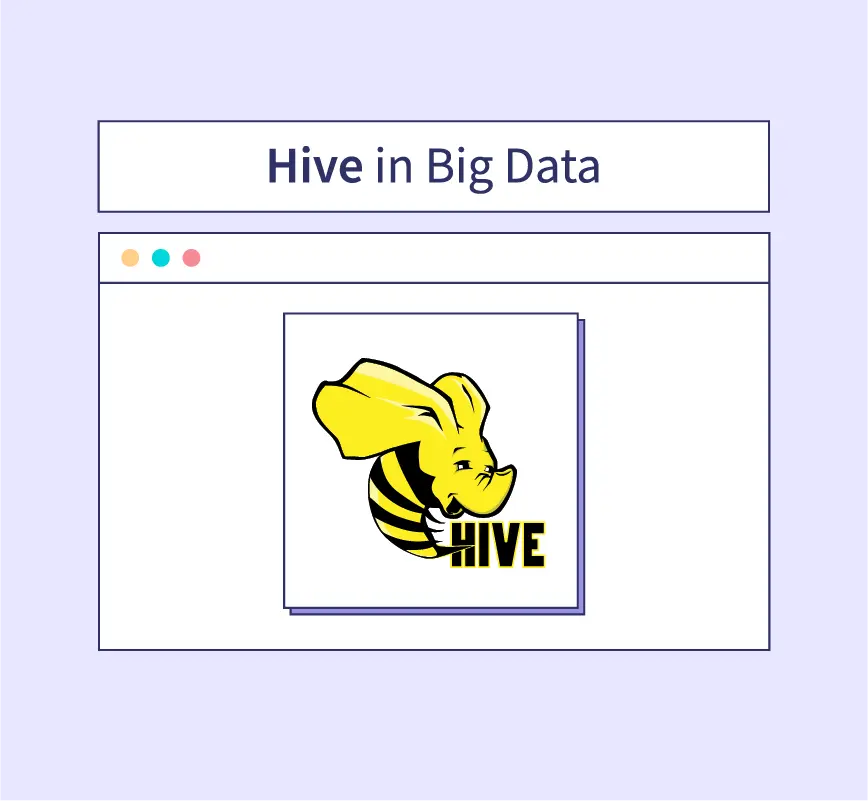Artificial Intelligence (AI) enables machines to mimic human intelligence for tasks like learning, problem-solving, and pattern recognition. With growing investments and applications across industries, AI plays a critical role in transforming fields such as healthcare, finance, and transportation.
The global AI market is projected to reach $1.8 trillion by 2030, highlighting its potential impact. However, AI also raises ethical concerns around privacy, bias, and responsible use, making it essential to balance innovation with accountability.
What is Artificial Intelligence
Artificial Intelligence (AI) refers to the simulation of human intelligence by machines, enabling them to perform tasks that typically require human cognition, such as learning, problem-solving, and decision-making.
AI systems rely on three core components:
- Perception: Gathering information from the environment through sensors (e.g., cameras, microphones).
- Reasoning: Making logical decisions based on the collected data.
- Action: Executing tasks or responses based on reasoning, such as controlling devices or generating outputs.
AI can be categorized into two main types:
- Narrow AI: Focused on specific tasks like virtual assistants or recommendation systems.
- General AI: Hypothetical AI capable of understanding and performing any intellectual task, similar to human intelligence.
The History and Evolution of Artificial Intelligence
AI began as a concept in ancient philosophy and emerged as a formal field in 1956 at the Dartmouth Conference. Early developments in the 1960s and 70s saw AI systems solving algebra and simulating reasoning. However, AI winters—periods of reduced funding—slowed progress during the 1970s and 1990s.
A major breakthrough came in 1997 when IBM’s Deep Blue defeated chess champion Garry Kasparov. Since the 2010s, advances in machine learning and deep learning have accelerated AI’s growth, with applications like self-driving cars and virtual assistants shaping the modern era.
Why Artificial Intelligence is Important
AI plays a transformative role across various industries by improving efficiency, decision-making, and innovation. Here’s why it matters:
- Healthcare: AI aids in early diagnosis, personalized medicine, and drug discovery.
- Finance: Powers fraud detection, algorithmic trading, and credit risk analysis.
- Transportation: Enables self-driving cars and optimizes traffic management.
- Customer Service: Enhances chatbots and virtual assistants for better user interactions.
- Entertainment: Drives personalized recommendations and content creation.
Key Benefits
- Problem-solving: Helps tackle complex challenges like climate change and disease research.
- Decision-making: Provides data-driven insights for faster, more accurate decisions.
- Efficiency Boost: Automates repetitive tasks, saving time and resources.
Ethical Considerations
- Bias and Fairness: Risk of biased algorithms leading to unfair outcomes.
- Privacy Concerns: Potential misuse of data collected by AI systems.
Key Concepts in Artificial Intelligence
Core Concepts
- Machine Learning (ML): Enables systems to learn from data without explicit programming.
- Deep Learning: A subset of ML that uses neural networks to model complex patterns.
- Neural Networks: Algorithms inspired by the human brain, consisting of interconnected layers.
Learning Techniques
- Supervised Learning: Trains models on labeled data (e.g., email spam detection).
- Unsupervised Learning: Identifies hidden patterns in unlabeled data (e.g., customer segmentation).
- Reinforcement Learning: Trains agents through rewards and penalties (e.g., game-playing bots).
Key Terms
- Overfitting: When a model performs well on training data but poorly on unseen data.
- Underfitting: When a model is too simple, failing to capture patterns in the data.
- Bias: Systematic errors in AI models, leading to inaccurate predictions.
Common Artificial Intelligence Algorithms
Basic Algorithms
- Linear Regression: Models the relationship between variables to predict continuous outcomes (e.g., house prices).
- Logistic Regression: Used for binary classification tasks (e.g., spam detection).
- Decision Trees: A tree-like structure for decision-making, useful for both regression and classification.
- Random Forests: An ensemble of decision trees that improves accuracy by reducing overfitting.
Advanced Algorithms
- Support Vector Machines (SVM): Classifies data by finding the optimal hyperplane.
- Neural Networks: Mimic the human brain for complex tasks like image recognition.
- Convolutional Neural Networks (CNNs): Specialized for visual data processing (e.g., facial recognition).
Strengths and Weaknesses
- Linear Models: Simple but limited in capturing non-linear relationships.
- Decision Trees: Easy to interpret but prone to overfitting.
- Neural Networks: Highly accurate but require large datasets and computational power.
Applications of Artificial Intelligence
AI is transforming industries with practical applications that improve efficiency and user experience:
- Healthcare
- Medical diagnosis (e.g., detecting diseases through image analysis).
- Drug discovery and personalized treatment plans.
- Virtual health assistants for patient management.
- Finance
- Fraud detection in real-time transactions.
- Algorithmic trading for fast and accurate market decisions.
- Credit risk assessment using predictive models.
- Transportation
- Self-driving cars and autonomous delivery vehicles.
- Traffic optimization through predictive analytics.
- Fleet management and route planning.
- Customer Service
- AI-powered chatbots for instant support.
- Sentiment analysis to improve customer interactions.
- Virtual assistants for personalized recommendations.
- Entertainment
- Recommendation systems (e.g., Netflix, Spotify).
- Game AI for interactive experiences.
- Automated content generation and curation.
How to get started with Artificial Intelligence
Getting started with AI requires a combination of technical skills, knowledge, and hands-on experience:
Essential Skills
- Programming: Master languages like Python or R.
- Mathematics: Focus on linear algebra, calculus, probability, and statistics.
- Machine Learning: Learn supervised, unsupervised, and reinforcement learning.
- Deep Learning: Understand neural networks, including CNNs and RNNs.
Recommended Learning Resources
- Online Courses: Look fo popular online courses on AI and ML.
- Tutorials: Explore free resources on GitHub or Google’s TensorFlow website.
- Books: “Deep Learning” by Ian Goodfellow is a great starting point.
Practical Experience
- Projects: Build simple AI models (e.g., chatbots or sentiment analyzers).
- Kaggle Competitions: Participate in real-world ML challenges.
- Internships: Apply for AI-focused internships to gain industry exposure.
Careers in Artificial Intelligence
AI offers diverse career opportunities with high demand and lucrative salaries:
Career Paths
- Machine Learning Engineer
- Develops algorithms and models for AI systems.
- Requires expertise in ML, Python, and deep learning frameworks.
- Data Scientist
- Analyzes data and builds predictive models.
- Combines statistical analysis, data visualization, and ML skills.
- AI Researcher
- Focuses on advancing AI through research and innovation.
- Requires a strong background in mathematics and computer science.
- Software Engineer (AI Focus)
- Integrates AI components into applications and systems.
- Expertise in software development and AI frameworks is essential.
- AI Product Manager
- Oversees AI products from development to deployment.
- Combines technical knowledge with business acumen.
Demand and Salary Potential
- High Demand: Companies across sectors seek AI professionals.
- Competitive Salaries: Roles in AI often command above-average compensation, especially in tech hubs.
The Future of Artificial Intelligence
AI will continue to evolve, impacting industries and society in profound ways:
Potential Advancements
- General AI: Future AI may reach human-level intelligence, performing any task autonomously.
- AI-Augmented Jobs: AI will complement human efforts, automating repetitive tasks.
- Breakthroughs in Healthcare: AI could revolutionize disease prevention and personalized medicine.
Ethical and Societal Impact
- Ethics and Governance: Ensuring AI development aligns with ethical standards will be essential.
- Global Challenges: AI can address issues like climate change, disaster management, and poverty.
- Job Displacement: Automation may disrupt industries, requiring reskilling and workforce adaptation.
AI’s future holds immense promise, but responsible development will be critical to harness its potential for good.
Additional Resources on Artificial Intelligence
Foundational Concepts in AI
- What is Artificial Intelligence?
- Advantages and Disadvantages of AI
- Benefits of Artificial Intelligence (AI)
- Why Do We Need Artificial Intelligence?
- Features of Artificial Intelligence
- Artificial Intelligence Boon or Bane?
- Components of Artificial Intelligence
- History of Artificial Intelligence
- Examples of AI
- How Artificial Intelligence Works
- Types of Artificial Intelligence
Types and Applications of AI
- Artificial Intelligence in Agriculture
- Artificial Intelligence in Business
- AI in Finance
- Artificial Narrow Intelligence
- Speech Recognition in AI
- Future of Artificial Intelligence (AI)
- AI in Education
- Role of Artificial Intelligence in Education
- AI in Healthcare
- Artificial Intelligence and Data Science
AI Tools and Learning Resources
- Artificial Intelligence Tools
- Artificial Intelligence Books
- How to Learn Artificial Intelligence (AI)
- Artificial Intelligence Companies in India
- Artificial Intelligence Course Syllabus
- Artificial Intelligence Salary in India
- Artificial Intelligence Project
- How to Learn AI
- Artificial Intelligence (AI) Skills
- Generative AI Tools
Generative AI
AI Search Algorithms
- Uniform Cost Search
- Informed Search Algorithms in AI
- Uninformed Search Algorithms in AI
- Heuristic Search Techniques in Artificial Intelligence
- State Space Search in Artificial Intelligence
AI and Logic
- First Order Logic in AI
- Propositional Logic in Artificial Intelligence
- Predicate Logic in AI
- Inductive and Deductive Reasoning
- Inductive and Deductive Reasoning
- Forward Chaining and Backward Chaining in AI
- Bayesian Belief Network
- Turing Test in Artificial Intelligence
- Heuristic Function in AI
AI Agents and Environments
- Agents in Artificial Intelligence
- Types of Agents in Artificial Intelligence (AI)
- Types of Environment in AI
AI Problem-Solving Techniques
- Constraint Satisfaction Problems (CSP) in Artificial Intelligence
- Hierarchical Planning in Artificial Intelligence
- What is the Role of Planning in Artificial Intelligence?
- Expert Systems in Artificial Intelligence
AI Algorithms
- Alpha-Beta Pruning in Artificial Intelligence
- A-Star Algorithm in AI
- Min-Max Algorithm in Artificial Intelligence
- Adversarial Search in Artificial Intelligence
Robotics and AI
Comparisons and Career Paths in AI
- How to Become an AI Engineer
- Difference Between AI and Machine Learning
- AI vs Machine Learning
- AI Interview Questions


